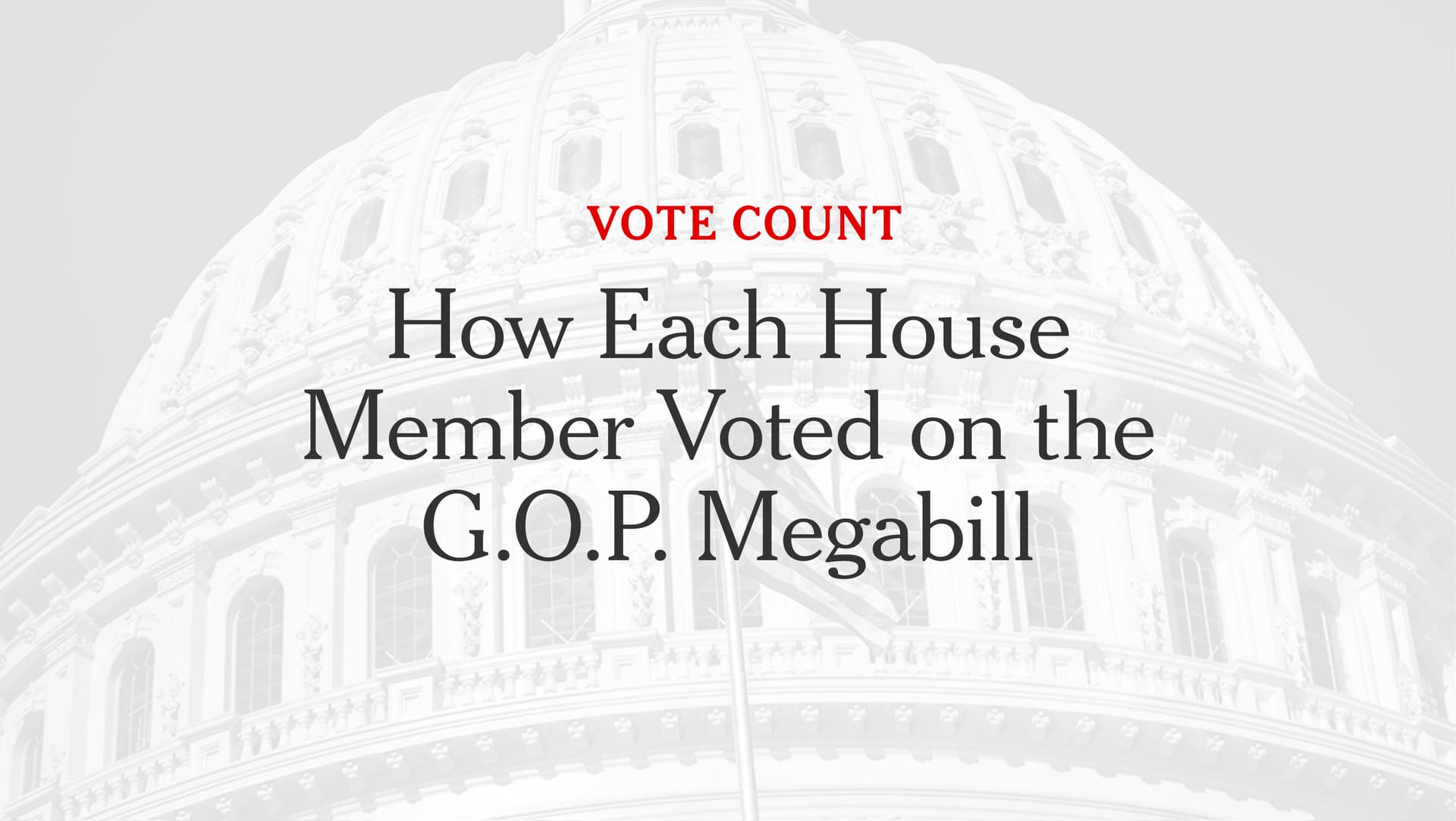U.S. Labels Antifa Ost and Three European Cells as Terrorists
The State Department announced that German based Antifa Ost and three other violent Antifa groups in Italy and Greece will be designated as Specially Designated Global Terrorists and as Foreign Terrorist Organizations, effective November 20, 2025. The move signals a broader U.S. policy to cut funding and legal protections for politically motivated violence abroad, with potential legal and financial consequences for networks and donors.
Listen to Article
Click play to generate audio

The U.S. Department of State said it will formally designate German based Antifa Ost and three affiliated Antifa groups in Italy and Greece as Specially Designated Global Terrorists and intends to list all four groups as Foreign Terrorist Organizations, effective November 20, 2025. Secretary of State Marco Rubio framed the action as part of a sustained effort to confront political violence, linking the move to President Trump’s stated national security priorities.
The designation applies two legal labels commonly used in Washington to block finance and movement. Specially Designated Global Terrorist status typically triggers U.S. Treasury measures, including asset freezes and prohibitions on transactions by U.S. persons, and listing as a Foreign Terrorist Organization would bring criminal penalties for providing material support. The State Department said the groups will be targeted to deny funding and resources and to use “all available tools to protect our national security and public safety.”
Economically the immediate direct impact on global markets is likely to be limited, given the small scale of the named organizations relative to transnational terrorist networks. Nevertheless the move could have material consequences for financial intermediaries, civil society and cross border transfers. Banks, payment processors and crypto firms face heightened compliance obligations when groups attract formal U.S. sanctions. Compliance costs and enforcement risks often lead to risk averse behavior, which can curtail legitimate flows to political organizations and humanitarian actors operating in the same networks or regions.
The designation also tightens the legal perimeter around financing of political activism. U.S. policy tools can extend beyond freezing assets to imposing secondary sanctions on foreign entities that facilitate financing, as well as visa restrictions for individuals linked to the groups. That raises questions for European partners, where antifa activism has varied legal treatment and where civil liberties advocates warn about overbreadth. The State Department noted a fact sheet accompanying the announcement for further details.
Strategically, the action reflects a broader trend of expanding terrorism designations beyond conventional Islamist groups to include ideologically motivated militant actors on the far right and far left. That expansion changes the incentives for domestic and international policing, intelligence sharing and prosecutorial priorities. It may also alter the calculus for transnational solidarity networks that provide logistical or fundraising support, pushing more activity into informal or opaque channels that are harder to track.
Policy makers in Germany, Italy and Greece will face immediate questions about coordination with U.S. authorities and how to align domestic legal tools with U.S. measures. For global financial institutions the designation reinforces the importance of robust transaction monitoring and clear counterterrorism financing policies. Over the long term, the United States and its partners will balance the enforcement imperative against potential chilling effects on legitimate protest and nonprofit activity, and the effectiveness of sanctions will hinge on sustained international cooperation and targeted, intelligence driven action.

